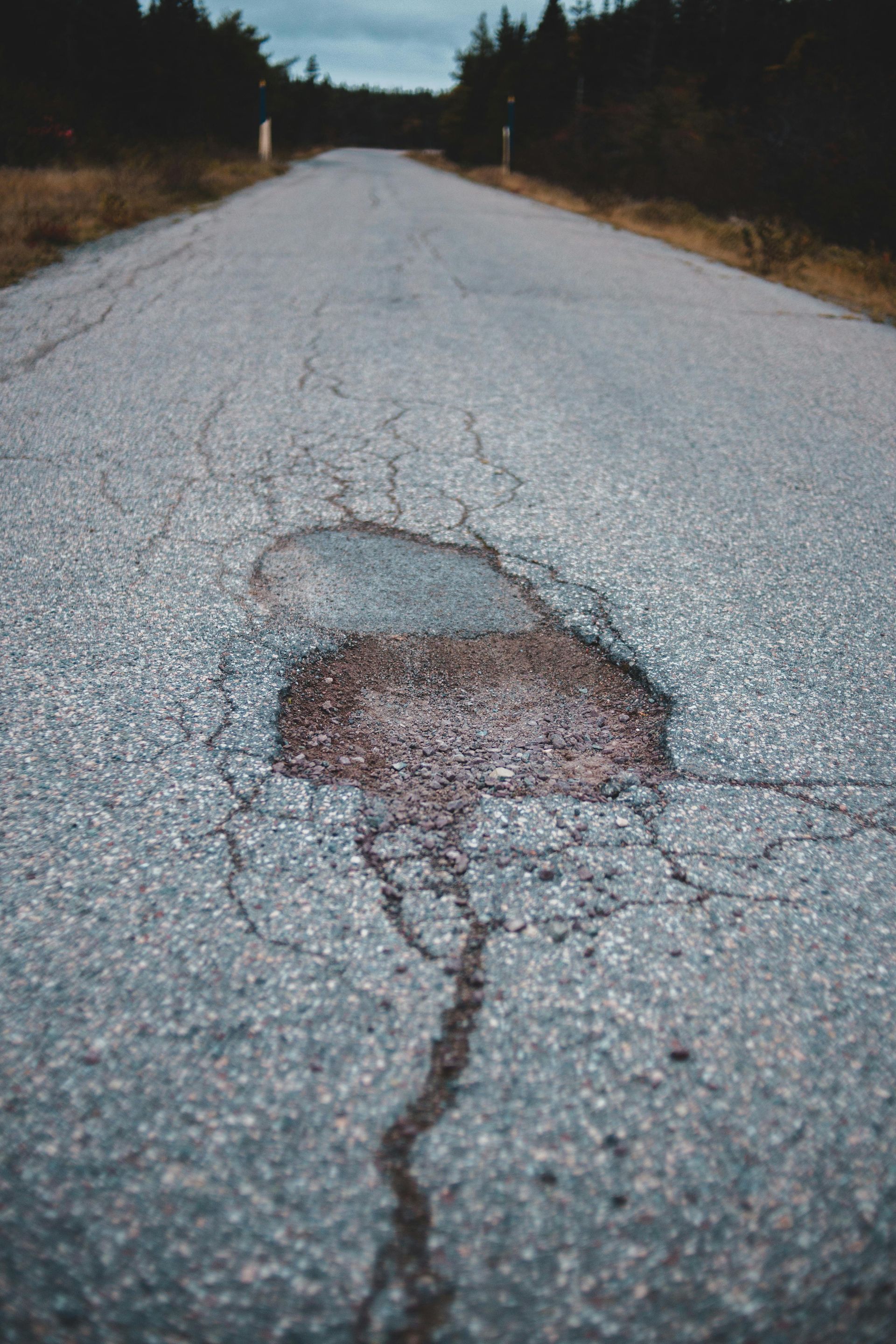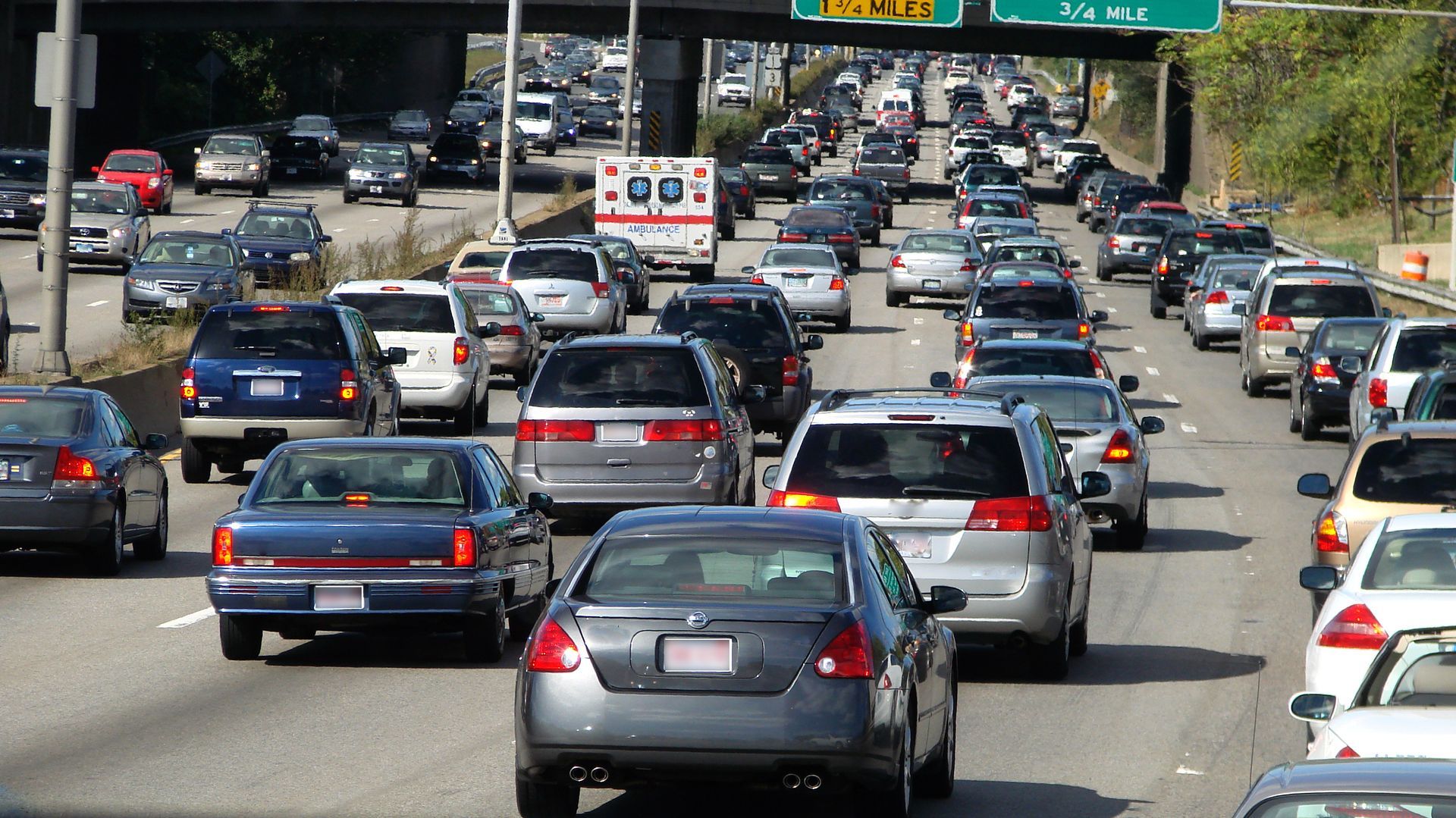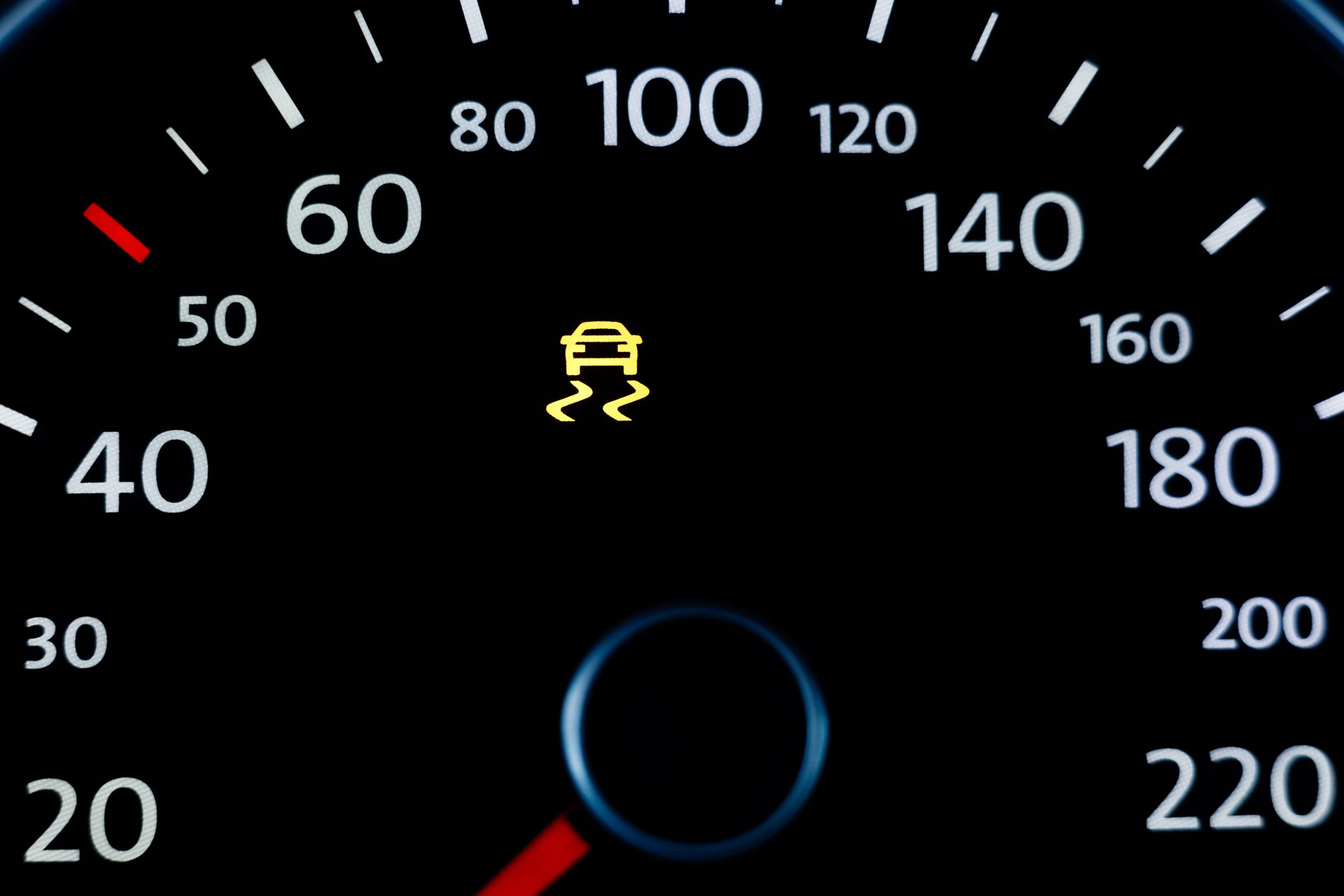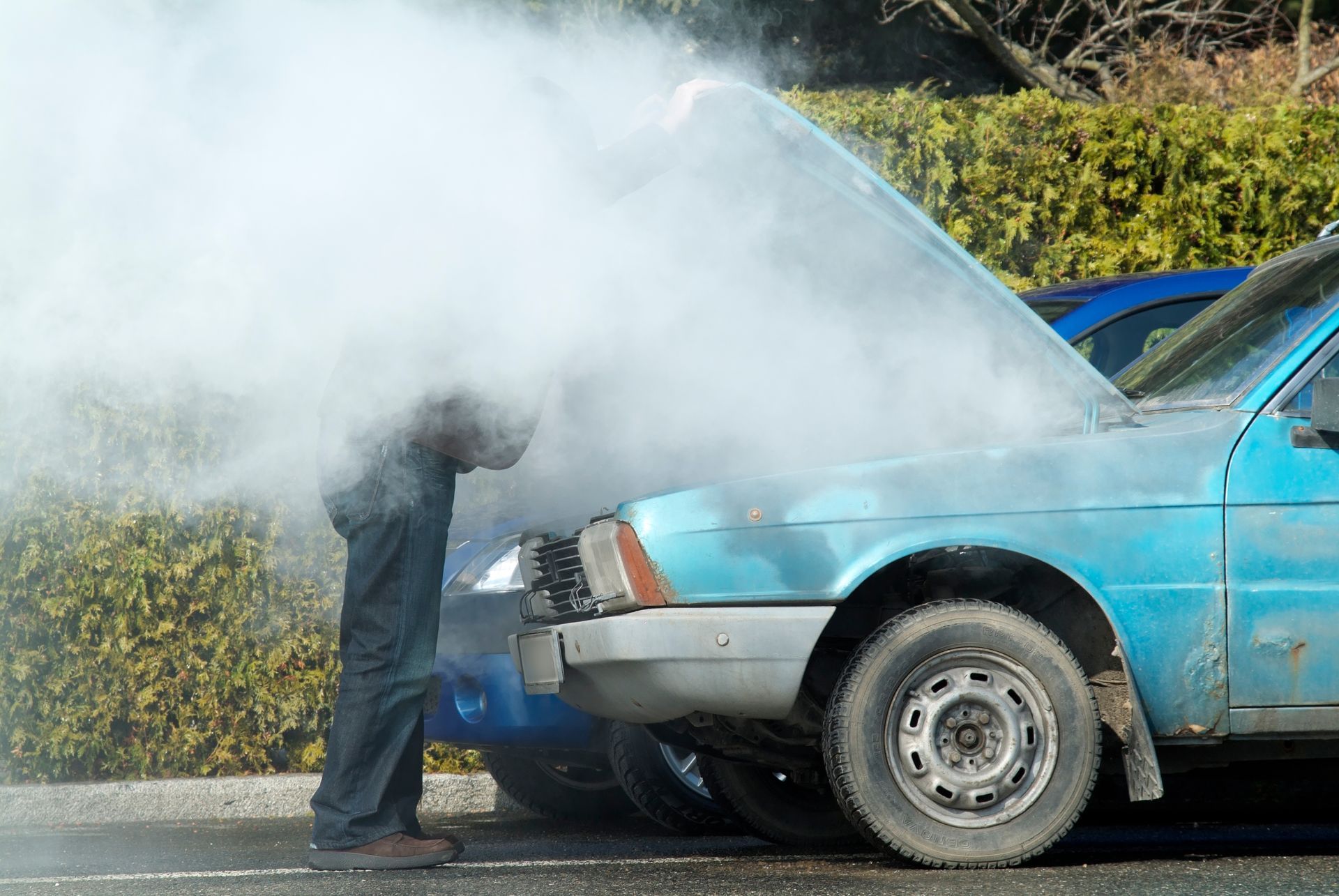Brake fluid is one of the most important yet most overlooked fluids in your vehicle. It plays a vital role in transferring the pressure from your foot on the brake pedal to the actual braking components at each wheel. Without healthy brake fluid, your braking system cannot perform at its best and in extreme cases, it might not work at all.
Knowing when and why to replace your brake fluid is essential for maintaining safe stopping power and preventing costly brake repairs.
What Brake Fluid Does
When you press the brake pedal, brake fluid transmits that force through the brake lines to the calipers, which then press the brake pads against the rotors to slow your vehicle. The fluid must remain incompressible for this to work effectively.
Brake fluid is also formulated to resist very high temperatures. Braking generates a lot of heat, especially during repeated stops, and the fluid must continue to perform even under those demanding conditions.
Why Brake Fluid Wears Out
Over time, brake fluid absorbs moisture from the air through tiny openings in the brake system. This is called being “hygroscopic.” Even in a sealed system, moisture slowly makes its way in.
The more moisture in your brake fluid, the lower its boiling point becomes. This means under heavy braking, the fluid can start to boil, forming bubbles that reduce braking effectiveness. Contaminants can also enter the fluid, leading to corrosion inside the brake system.
Signs Your Brake Fluid May Need Replacing
Most drivers will not notice brake fluid issues until they become serious, but there are some clues to watch for:
- A soft or spongy brake pedal feel.
- Longer stopping distances than normal.
- Brake warning light on the dashboard.
- Fluid that looks dark or dirty instead of clear or slightly amber.
If you notice any of these symptoms, it is time to have your brake fluid inspected right away.
How Often Should You Replace It
Many manufacturers recommend replacing brake fluid every two to three years, but this can vary depending on the type of driving you do, your climate, and the recommendations in your owner’s manual. Vehicles driven in humid or wet climates may need more frequent service due to faster moisture absorption.
If you do a lot of mountain driving, towing, or stop-and-go city driving, your brakes work harder, which can also shorten the fluid’s lifespan.
The Right Way to Replace Brake Fluid
Simply adding new fluid to the reservoir is not enough. To properly replace brake fluid, the old fluid must be flushed out of the system and replaced with fresh, manufacturer-approved fluid. This ensures all moisture and contaminants are removed and that the entire system is filled with clean, high-performance fluid.
Professional brake fluid service also includes bleeding the system to remove any air bubbles, which can severely reduce braking efficiency.
Why It’s Important to Stay on Schedule
Neglecting brake fluid replacement can lead to expensive repairs. Moisture in the system can cause rust and corrosion inside brake lines, calipers, and the master cylinder. In severe cases, these parts may fail and require replacement.
More importantly, degraded brake fluid can reduce stopping power when you need it most. Replacing it on schedule is a simple, low-cost way to ensure your brakes perform at their best.
Brake Service at BG Automotive in Colorado
Your brakes are your vehicle’s most important safety system, and healthy brake fluid is key to their performance. At BG Automotive in Colorado, we inspect your brake system thoroughly and replace your brake fluid according to your vehicle’s needs.
Schedule your brake fluid service today and enjoy peace of mind knowing your brakes are ready for every stop.
Visit us at one of our five locations:
- Fort Collins, CO 80524
- Fort Collins, CO 80524
- Loveland, CO 80537
- Loveland, CO 80538
- Longmont, CO 80501











